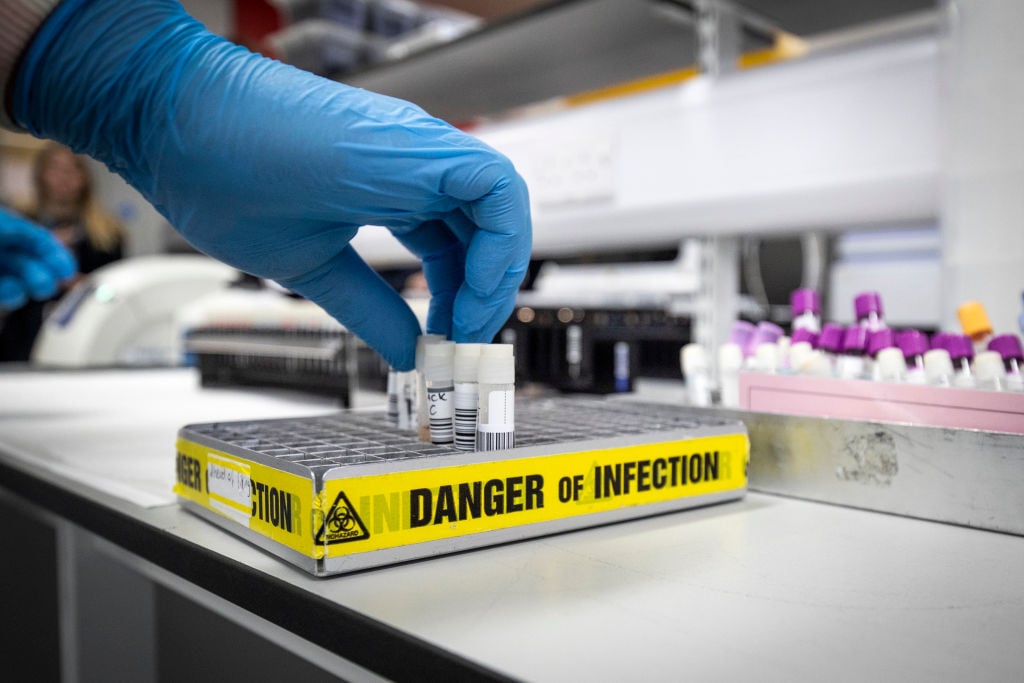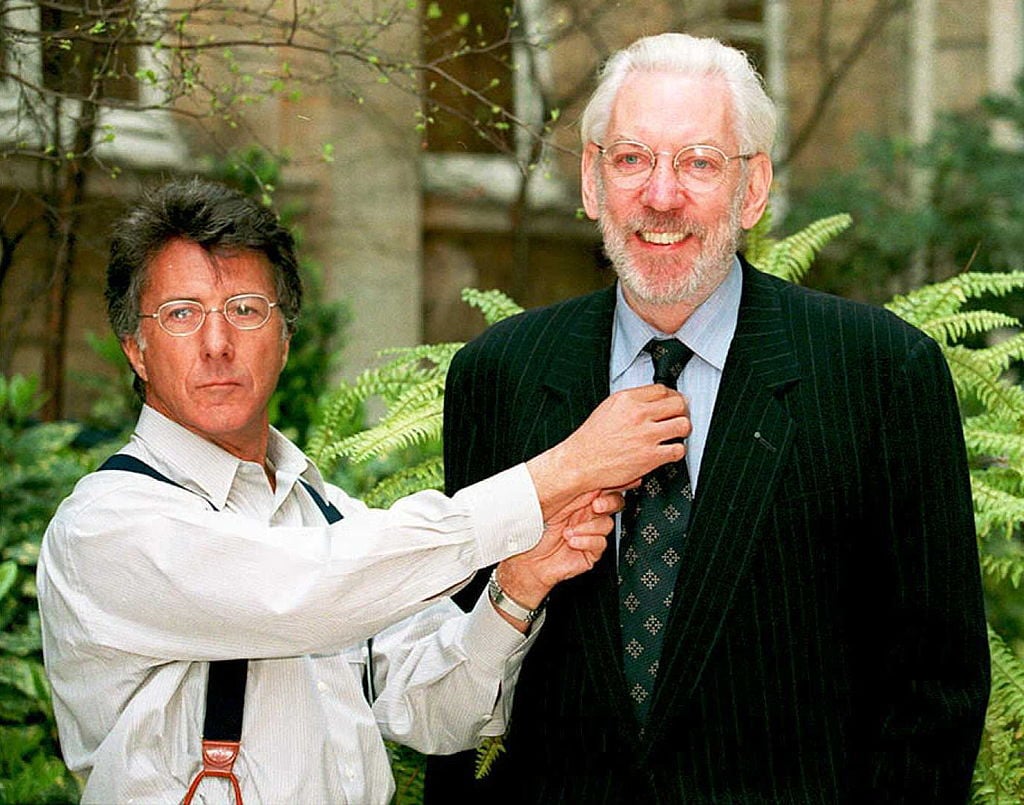‘Outbreak’: Why Experts Say ‘the Science Was Awful’ in the 1995 Movie
The global COVID-19 pandemic has inspired many people staying inside to watch pandemic-related movies. Both Contagion, which was released in 2011, and Outbreak, which came out in 1995, have recently increased in popularity on streaming platforms. Steven Soderbergh’s Contagion used the expertise of advisers and scientists, and is seen as mostly accurate when it comes to the scientific details. On the other hand, Outbreak is so inaccurate that it’s kind of an “inside joke” to public health experts.
Expert says the science in ‘Outbreak’, the 1995 movie starring Dustin Hoffman, is ‘awful’

CNBC recently reported on the 2011 movie Contagion. The film’s team hired several medical advisers to make sure the script was accurate. As the publication reported:
When Dr. Mark Smolinski first read the script for Contagion, he was working at … Google.org, on public health-related projects. Smolinksi first saw the script after his friend Larry Brilliant forwarded it to him. (Brilliant is the well-known epidemiologist who’s been trying to warn us about a pandemic since 2006).
However, many experts–including Smolinski–were skeptical about joining the Contagion team. That’s because of Outbreak. As CNBC pointed out, Smolinski called Outbreak the “inside joke in the public health community.” Before Contagion came out, several years later, Outbreak was the “best-known film about an infectious disease.” However, it “took some real liberties when it came to scientific accuracy.” The public health expert had even stronger words for the 1995 movie, which was directed by Wolfgang Petersen.
“The science was awful,” Smolinski lamented. “They basically created a vaccine overnight.” The Contagion adviser now serves as the president of a non-profit attempting to cut down on “biological threats” like viruses.
‘Outbreak’ was a different story than ‘Contagion’ when it came to scientific accuracy
But Smolinski said that Contagion wasn’t like Outbreak, hwne it came to the research. CNBC reported that “Smolinski said that he and a group of fellow infectious disease experts were encouraged to pore over the script ‘line by line’ and point out any flaws.” The expert is so proud of the precise detail in Contagion that he even uses it “as a teaching tool.”
Outbreak, like many other big Hollywood productions, didn’t have a lot of money to “[ensure] scientific accuracy.” However, Contagion “had a team of advisors checking everything from the script to the props.” Also, Ian Lipkin of Columbia University’s Center for Infection and Immunity oversaw all of the science. Overall, the film “incorporated input from more than a dozen scientists, emergency room doctors, bio-safety experts and epidemiologists.”

‘Contagion’ shows a similar situation to the coronavirus outbreak
CNBC also commented on how the film was fairly predictive of the coronavirus pandemic. (Again, unlike Outbreak, which is a completely different depiction of how a contagious virus would spread in the U.S.). The publication reported:
The film … touches on the topic of limiting citizens’ rights to curb the spread of the disease, notably in the scene where the Matt Damon character is told he can’t cross the border into another state. After the vaccine goes into production, some Americans are given a wrist band to show they’ve received one, and can move about freely, mirroring approaches being considered today.

However, Contagion expert Smolinski prefers “voluntary” methods. “He hopes the current crisis will encourage participation.”
“Anonymized, aggregate data could play a big role,” he said. “We don’t need to give away our rights if more people choose to get involved.”


